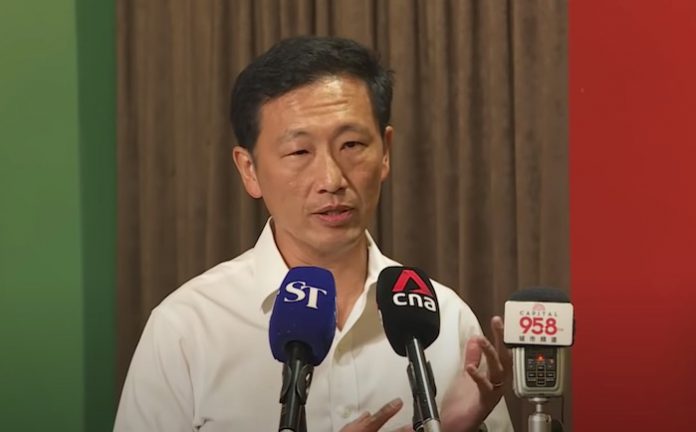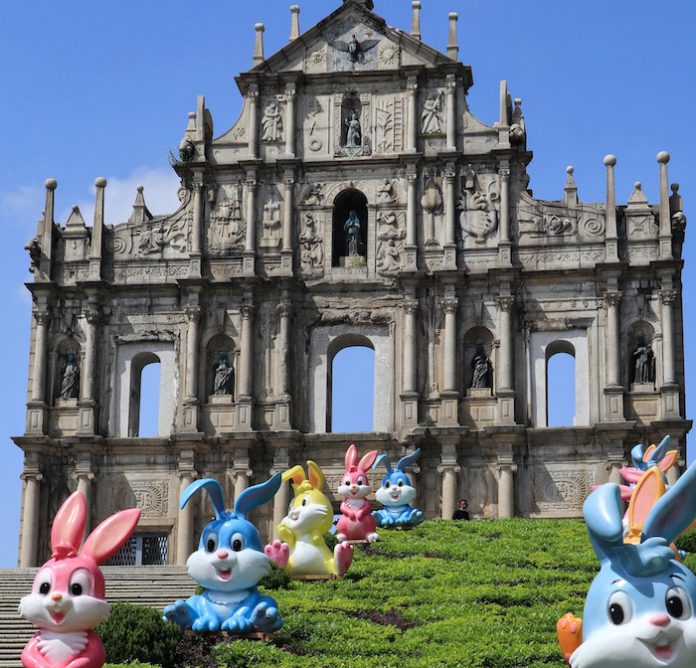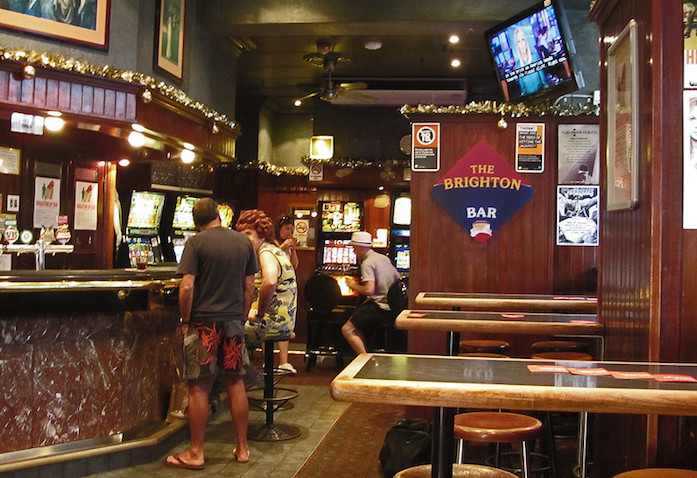The Hong Kong-Singapore travel bubble agreement is certainly a step forward in the process of the emergence from the Covid-19 pandemic, but few signs suggest that excessive optimism is warranted at this early stage.
Singapore’s Transport Ministry itself notes that the agreement in principle can be “scaled by adjusting the number of dedicated flights upwards or downwards, or even suspended, in line with the latest developments and Covid-19 situation in the two cities.”
That means this agreement is understood to be tentative, and the bubble could pop should a major new wave of coronavirus cases hit either city.
The most positive point about the agreement is that it fully applies to leisure travelers, who will not need to jump through too many hoops to benefit from the bubble. Potentially, this might unleash a bit of pent up tourism demand with travellers taking advantage of the opportunity to visit the other city.
But there are also some questionable aspects to the agreement, such as banning the migrant workers who live in Singapore’s company dormitories from utilizing the bubble. Due to their economic condition, there are probably few of these workers that could contemplate a Hong Kong holiday in any case, but the outright ban raises human rights concerns. Indeed, Covid-19 seems to be allowing governments to make some increasingly dubious discriminations among their citizens and residents.
It’s also worth noting that some of the first travel bubbles opening in the Asia-Pacific are not necessarily being created between the governments which have the fewest cases of Covid-19, but more between the governments that have a greater degree of political affinity or trust between them. In other words, these policy decisions seem to be guided by a mix of political and scientific factors, not by the science alone.
Still, it’s difficult to argue too much with Singapore Transport Minister Ong Ye Kung’s assessment when he observes, “It is significant that our two regional aviation hubs have decided to collaborate to establish an air travel bubble. It is a safe, careful, but significant step forward to revive air travel, and provides a model for future collaboration with other parts of the world.”
For an Asian gaming industry so dependent on the revival of regional tourism, the Hong Kong-Singapore travel bubble agreement is, despite its limitations, indeed a ray of hope.







